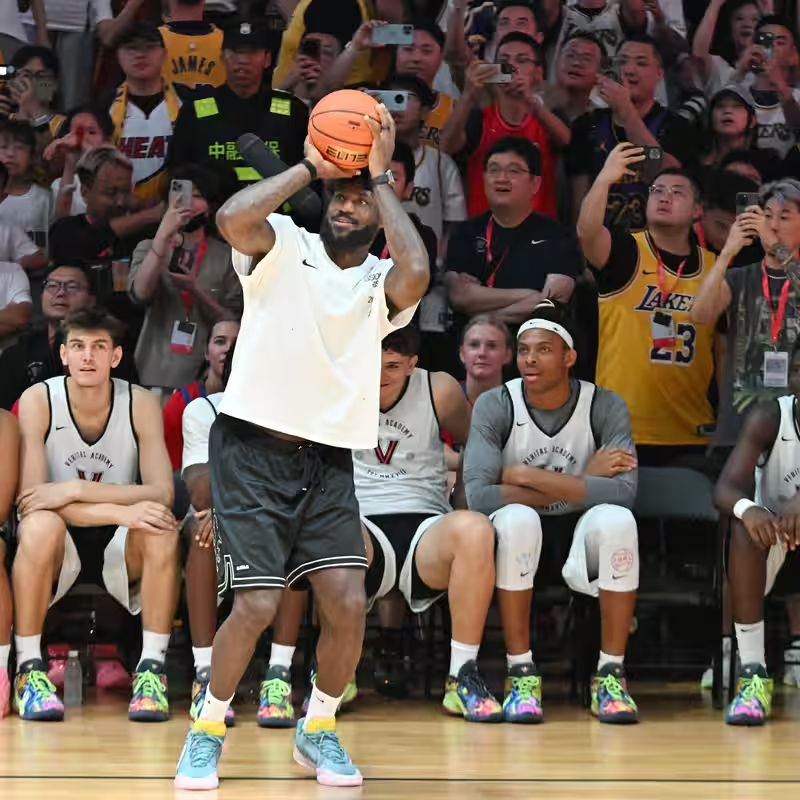
In a diplomatic firestorm that underscores the tightrope the NBA walks in China, Commissioner Adam Silver has publicly criticized the Chinese Communist Party’s flagship newspaper, People’s Daily, for publishing a fake op-ed falsely attributed to LeBron James. The incident has reignited debate over the league’s re-entry into one of its most lucrative—and politically fraught—markets.
What Happened? The Fake LeBron Op-Ed Explained
Last month, People’s Daily—the official mouthpiece of China’s ruling party—published what appeared to be a first-person opinion piece by NBA superstar LeBron James. Titled as a reflection on basketball as a “cultural bridge between nations,” the article carried James’s byline and signature tone.
There was just one problem: LeBron James never wrote it.
According to sources familiar with the matter, the newspaper stitched together quotes from James’s recent media appearances during a promotional trip to China and repackaged them as an original op-ed. The result? A piece that, to international readers, looked like an endorsement of Beijing’s soft-power narrative—at a time of escalating U.S.-China tensions.
NBA Commissioner Draws a Line
Adam Silver didn’t mince words. In his first public comments on the incident, he told The New York Times: “Taking words somebody said and then making it seem as a first-person Op-Ed would not be appropriate.”
The backlash in the U.S. was swift. Conservative media outlets accused James of “groveling to the communists,” while fans questioned whether the NBA was compromising its values for profit. For a league still rebuilding its reputation in China after the 2019 Hong Kong controversy, the episode was a stark reminder of the political minefield it navigates.
Why This Matters: The NBA’s China Tightrope
The NBA’s return to China in 2025—marked by preseason games in Macau between the Brooklyn Nets and Phoenix Suns—is the result of years of delicate diplomacy, much of it driven by casino billionaire and team owner Patrick Dumont. But this incident shows how easily goodwill can unravel.
Here’s why the fake op-ed is more than just a PR glitch:
- Reputational risk: Being linked to a state propaganda outlet can damage an athlete’s credibility in democratic countries.
- Political weaponization: Foreign celebrities are often co-opted by authoritarian regimes to legitimize their messaging.
- Market vs. values: The NBA must balance access to China’s massive fanbase with its commitment to free expression.
LeBron’s Position—and the Bigger Picture
LeBron James has not issued a personal statement, but insiders say he was “frustrated and surprised” by the misuse of his words. Known for his outspoken views on social justice in the U.S., James has historically avoided direct commentary on China’s human rights record—a silence that has drawn criticism from activists.
Yet this incident may force a reckoning. As the NBA deepens its ties in Asia, it must establish clearer protocols to prevent its stars from being unwittingly used as propaganda tools.
Looking Ahead: Can the NBA Play It Safe in China?
With two preseason games already underway in Macau, the league is pushing forward. But the LeBron op-ed scandal serves as a cautionary tale: in authoritarian markets, even a basketball can carry political weight.
As Commissioner Silver put it, the NBA must “find ways to engage globally without compromising integrity.” Whether that’s possible in today’s polarized world remains to be seen.




